In recent years, the world has been making a concerted effort to move towards a more sustainable future.
Climate change, environmental degradation, and resource depletion have become pressing issues demanding urgent action.
Many countries are now taking steps to reduce their carbon emissions and transition to a more sustainable energy system.
As part of this effort, there has been a massive shift towards renewable energy sources such as solar, wind, and hydropower.
However, one of the biggest challenges we face in making this transition is finding ways to store this energy efficiently and cost-effectively.
The importance of energy storage technologies has become increasingly critical for various reasons.
Energy storage systems provide a means of balancing power supply and demand by storing excess energy and releasing it when needed.
The ability to store energy quickly and efficiently is crucial in many fields, including automotive, transportation, grid, and industrial applications.
One such company that has made significant strides in fast energy storage in recent years is Tallinn-based Skeleton Technologies.
Skeleton Technologies is at the forefront of energy storage technology, developing and producing advanced ultracapacitors.
As a part of the ‘Startup of the month’ series, we had a chance to interview Taavi Madiberk, CEO of Skeleton Technologies, to learn and understand the inspiration behind establishing the startup, the technology used, and the business model, among others.
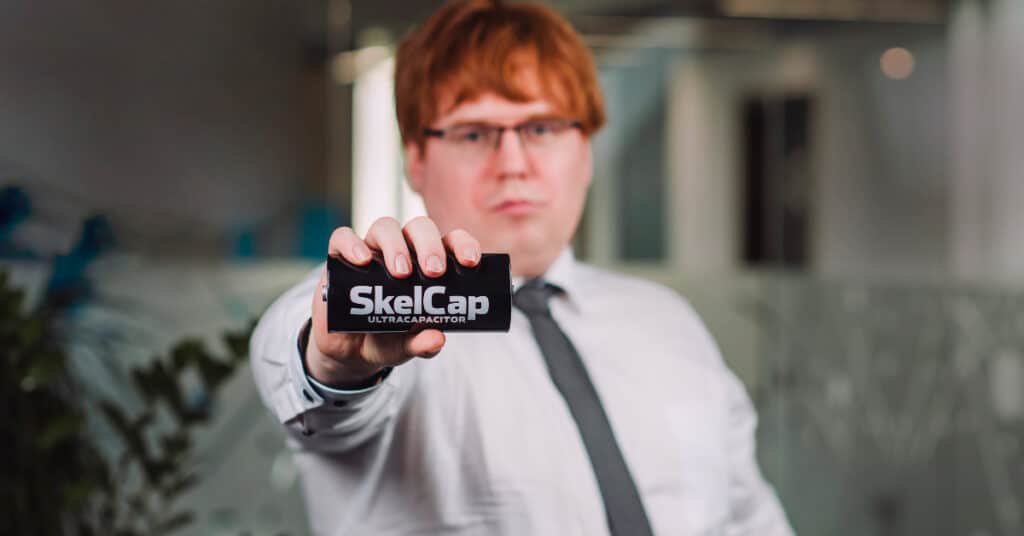
Storing energy beyond batteries
Founded in 2009 by Oliver Ahlberg and Taavi Madiberk, Skeleton Technologies manufactures and develops high-energy and power-density ultracapacitors or supercapacitors based on a patented curved graphene material.
Talking about the company’s operations, Madiberk says, “In short, we are helping companies to reduce CO2 emissions and save energy. However, we are doing it in a unique way as we are the only battery tech company that has developed and patented its own raw material, which we call ‘curved graphene’.”
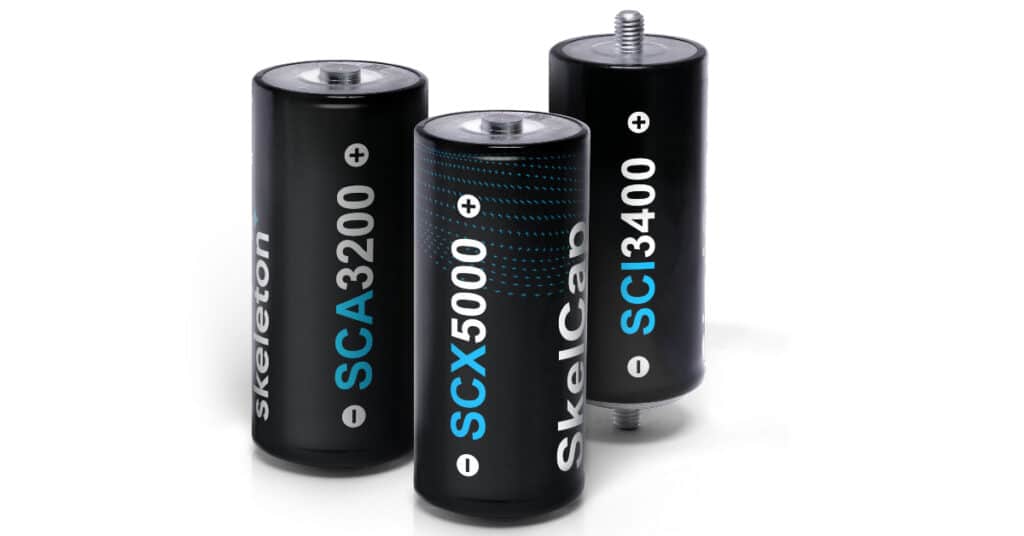
Supercapacitors vs batteries
Explaining the science behind Supercapacitors, Madiberk says, “Supercapacitors are a fast energy storage technology that offers high power density, almost instant charging and discharging, high reliability, extreme temperature tolerance, and lifetimes of more than 1,000,000 charge-discharge cycles.”
The main difference between supercapacitors and batteries lies in how they store energy.
While batteries store energy as part of a chemical reaction, supercapacitors store energy in an electrostatic field.
In other words, the energy stored in batteries is released through a chemical reaction that produces an electrical current, whereas the energy stored in supercapacitors is released by a flow of electrons between two conductive plates separated by an electrolyte.
In October 2022, the Estonian company launched “Superbattery,” which combines the characteristics of a supercapacitor and battery.
“It can be charged 100x faster than lithium-ion batteries and has a 50,000 life cycle. It is also much safer than li-ion batteries, even when crushed, pierced, or overheated,” he claims.

Upcoming state-of-the-art supercapacitor factory
To amp up the production, the Estonian energy storage solution company is set to build what it describes as the largest and most modern ultracapacitors factory in the world in Markranstädt, Leipzig, Germany.
The new factory for the next generation of supercapacitor cells in Markranstädtis is scheduled to start production in 2024 and produce up to twelve million cells annually.
The factory will have 40x more output than Skeleton’s other site in Saxony, which will continue as an R&D factory.
The new factory is expected to create 240 jobs.
Targets “hard-to-decarbonise” sector
Madiberk says Skeleton Technologies focuses on “hard-to-decarbonise” sectors, where the need for high power and fast charging cannot be served by batteries such as lithium-ion batteries.
Currently, the Estonian company works with customers in 4 key verticals:
- Transportation (Skoda Electric, CAF)
- Grid/Renewables (Hitachi Energy)
- Automotive (Honda)
- Industry (Shell, Siemens, among others)
“Our technology also extends to other industries, including aerospace and nuclear,” he notes.
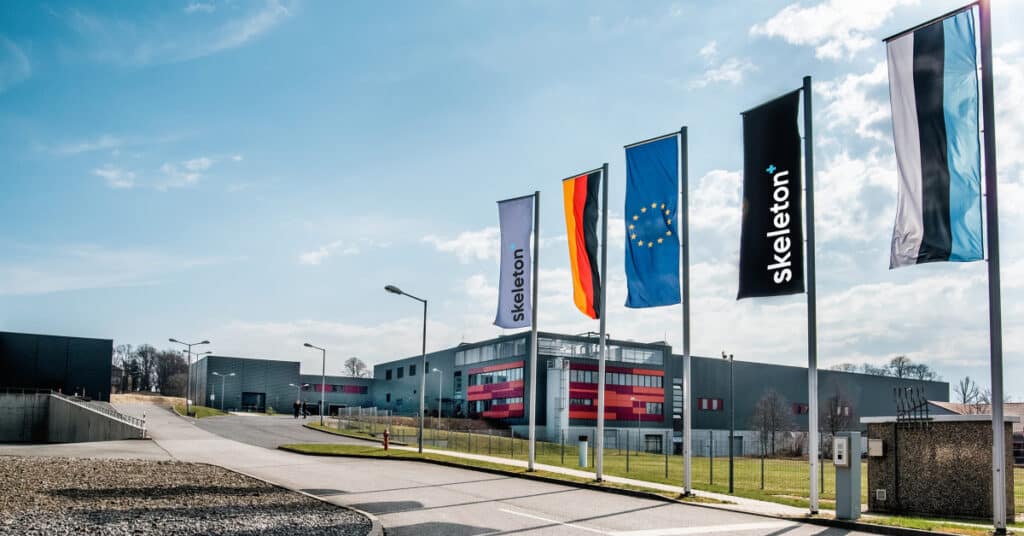
Material innovation will drive the next breakthrough
Madiberk predicts that innovation in materials will drive the next breakthrough in battery and energy storage.
“None of the current market incumbents, such as CATL or LG, have their own materials technology, and they have exhausted most of the gains from enhanced engineering. For further cost-down and performance improvement, new materials are needed,” adds Madiberk.
However, Skeleton Technologies claims that its patented Curved Graphene material offers unique performance advantages and zero operating costs while avoiding rare earth metals.
“Using our own material, Skeleton has demonstrated its technology leadership already in the supercapacitors market, we are demonstrating it with our novel energy storage product, our
SuperBattery and we will keep demonstrating it in the near future with our solid-state batteries, therefore servicing all the needs and requirements of energy storage,” continues Madiberk.
“We have a clear roadmap for scale-up of both our energy storage products and our curved graphene material in the coming years,” he concludes.
Funding and Investors
To date, Skeleton Technologies has raised over €200M from a wide range of strategic and financial investors, including Marubeni Corporation, Wise co-founders (Taavet Hinrikus from Taavet+Sten), the founding team of Adyen, Benqt Wahlqvist, co-founder of battery charging specialist CTEK, Nidoco AB, and EIT InnoEnergy.
Since the company is in the scale-up phase, they are now hiring across various facilities, including Berlin, Saxony, and Estonia.




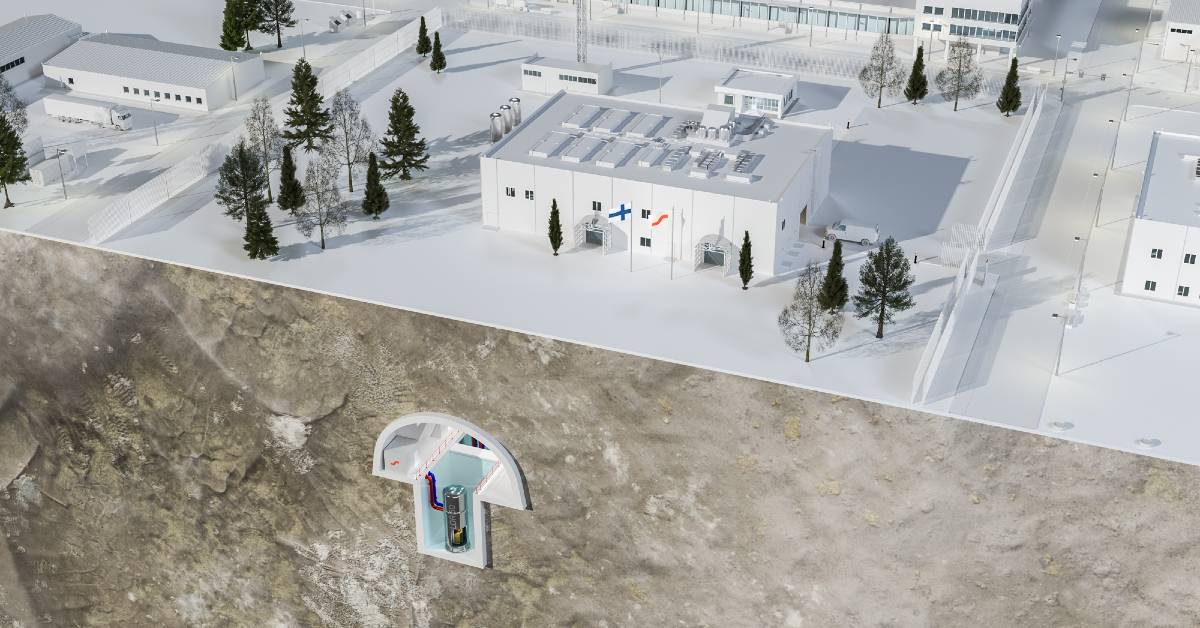
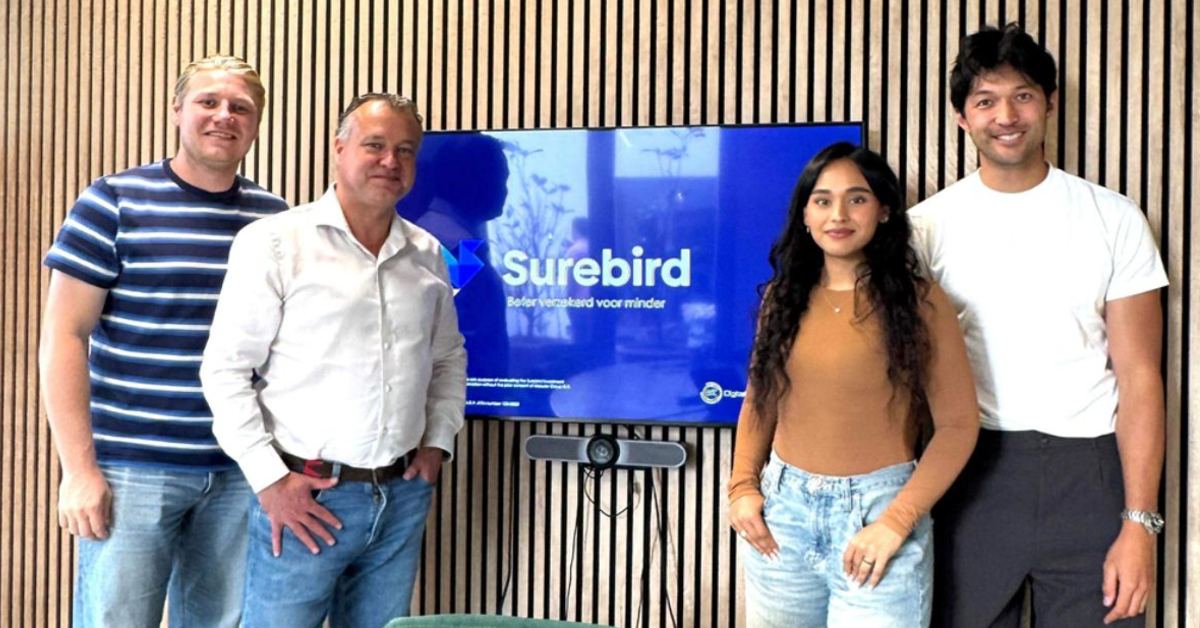
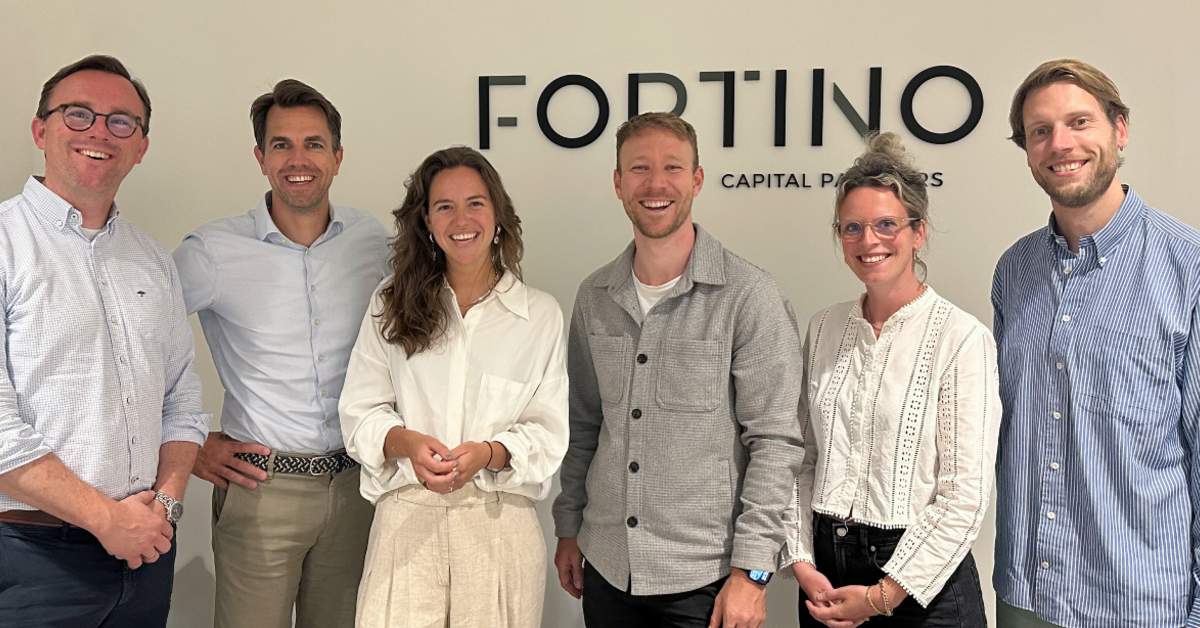
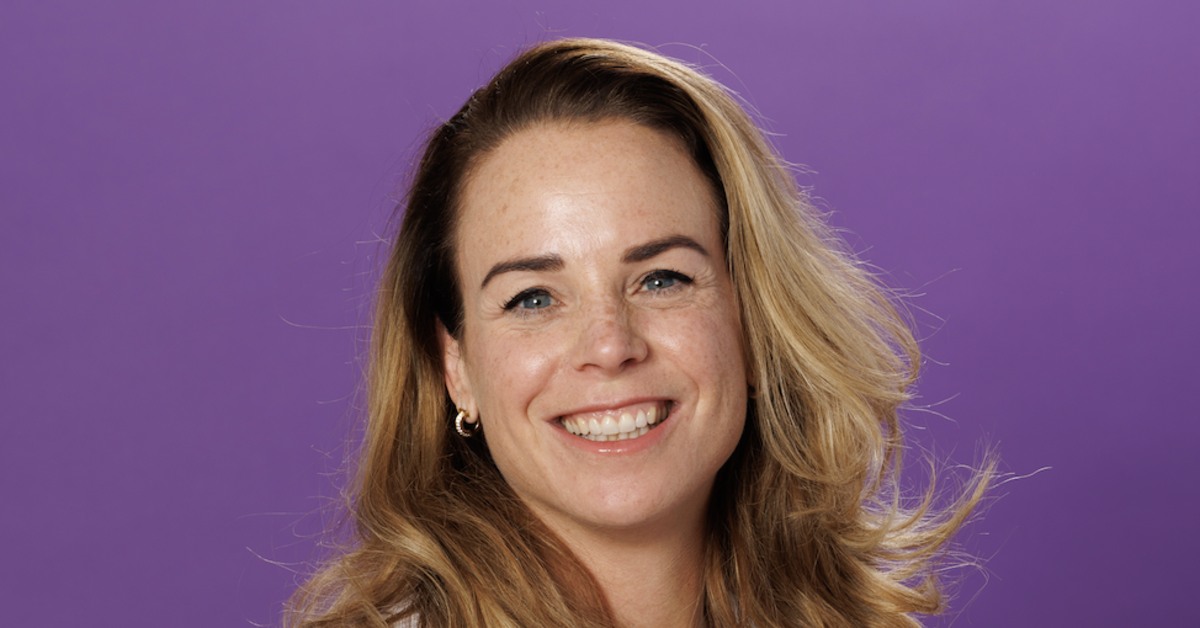
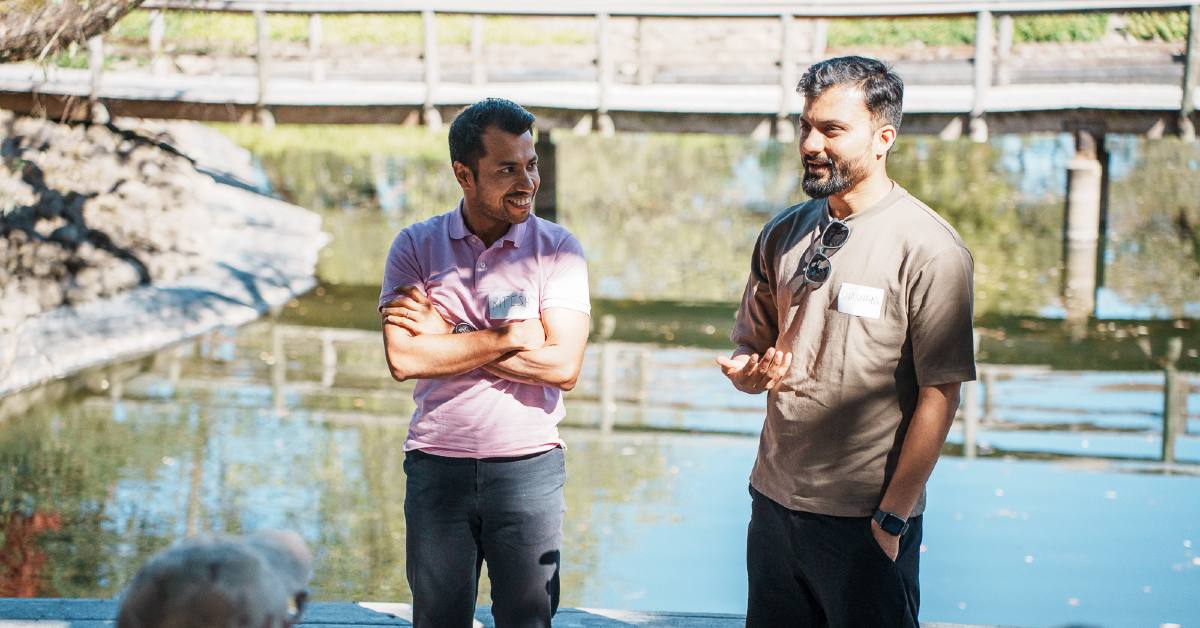

01
From telecom veteran to Dutch Startup Visa success: The Jignesh Dave story